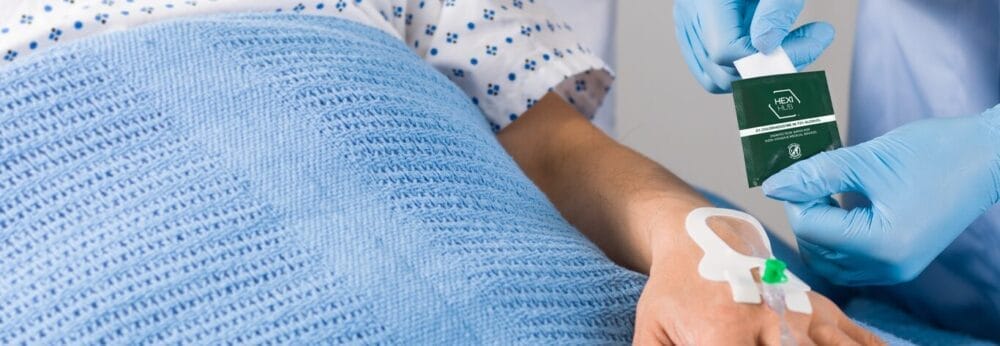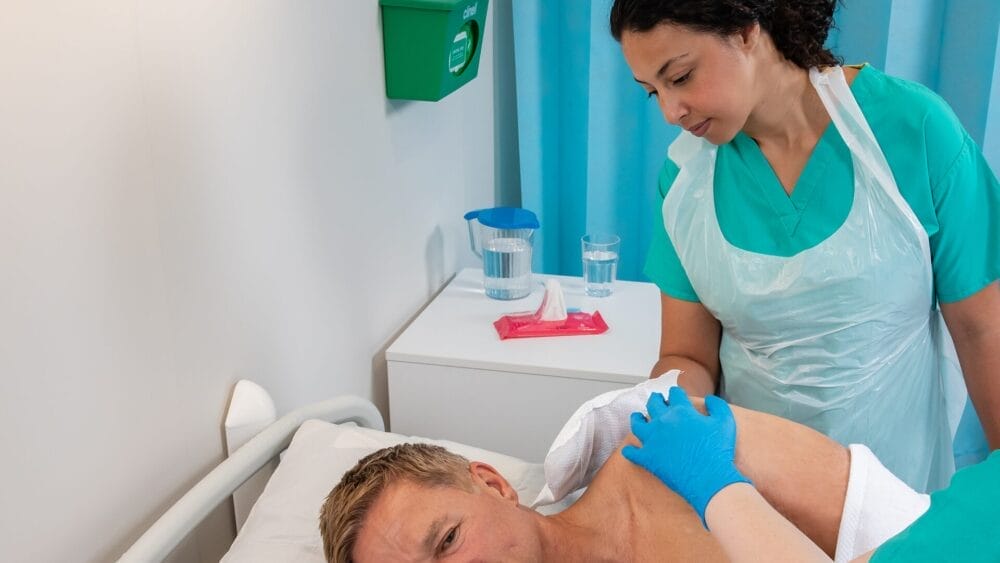Posted
11th May 2018
Research
A new study from Jordan has reinforced that cross-resistance between biocides and antibiotics doesn’t seem to be a problem. The study found that although multidrug-resistant E. coli were commonly identified from the environment in both hospital and community settings, there was no evidence of cross-resistance between antibiotics and biocides, and all E. coli were susceptible to in-use concentrations of biocides.
21 of 430 environmental samples from two hospitals and 10 homes grew E. coli. Almost half of the isolates were multidrug-resistant, and two thirds were ESBL-producers by phenotype. Surprisingly, there was no difference in the rate of ESBL-producers between hospital and community isolates. Also, the MIC of biocides (including ethanol, chloroxylenol, cetrimide and iodine) were all below in-use concentrations, and similar between community and hospital isolates. Perhaps most importantly, there was no association between antibiotic and biocide susceptibility.
The potential association between biocide and antibiotic resistance has been reviewed in detail before. The European Union produced a report in 2009 concluding that there was limited evidence of biocide and antibiotic cross-resistance. This is because the mechanisms of action of antibiotics and biocides are fundamentally different. Antibiotics tend to have a very specific target, in interrupting the metabolism of bacterial cells, whereas biocides tend to have multiple physical targets and do not rely on interrupting metabolism to be effective. We need to keep an eye on the potential for cross-resistance between biocides and antibiotics – but for now, it is not a problem.
SHARE THIS ARTICLE
Tags
Latest News
Embracing sustainability and cost savings: The journey of Clinell Indicator Notes to paper-based solutions
At GAMA Healthcare, we’ve always prided ourselves on being at…
Introducing HEXI HUB: A seamless transition in our product line
We’re pleased to announce an update to our product offering…
Innovative solutions for tackling Carbapenemase-producing Enterobacteriaceae (CPE) at King’s College Hospitals
King’s College Hospital NHS Foundation Trust, one of London’s largest…
Gloves Off: reducing unnecessary plastic waste during environmental cleaning and disinfection
In this blog, Dr Phil Norville discusses the momentum-gaining ‘Gloves…




